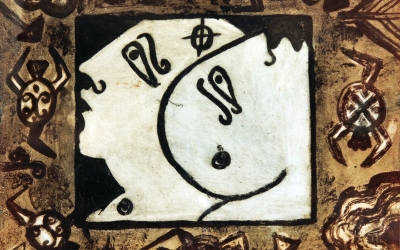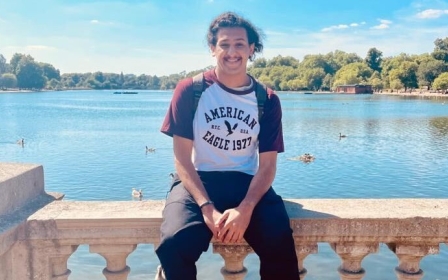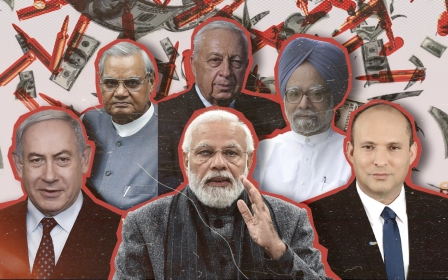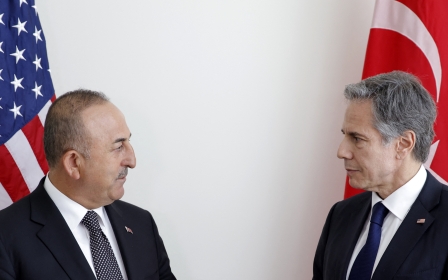Blair urged Kuwait to buy UK arms in 'recognition' of Gulf war support, memos show
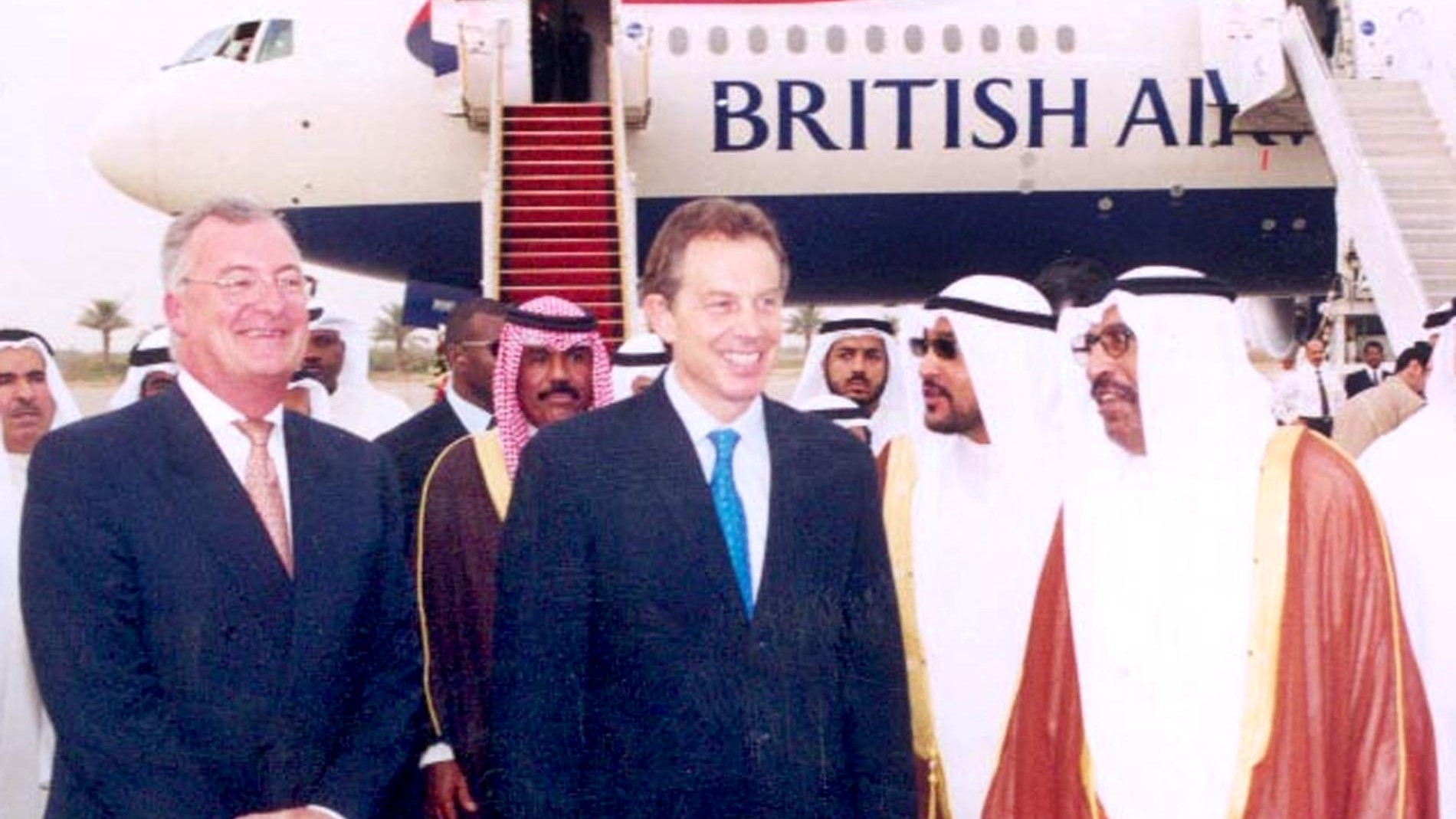
Former UK Prime Minister Tony Blair strongly urged Kuwait to buy British artillery as a thank you for support during the Gulf war, newly released archive documents revealed.
The UK government believed it was “due the award of a significant defence equipment contract in recognition of its defence of Kuwait” following Iraq’s invasion in 1990, according to previously classified internal documents published on Tuesday by the British National Archives agency.
Former Iraqi ruler Saddam Hussein ordered his troops to invade Kuwait in August 1990, in a bid to claim it as Iraq's 19th province - a move triggered by land and oil disputes, along with heavy debts incurred by the eight-year war against Iran that ended in 1988.
Following a US-led military coalition dubbed Operation Desert Storm, which included France and the UK, invading Iraqi forces were defeated in February 1991 and Kuwait was retaken.
Between 1998 and 1999, Blair lobbied Kuwait’s then crown prince, Saad Al Sabah, repeatedly including meeting him during a brief stopover on a flight back to the UK from South Africa.
New MEE newsletter: Jerusalem Dispatch
Sign up to get the latest insights and analysis on Israel-Palestine, alongside Turkey Unpacked and other MEE newsletters
Minutes from the January 1999 meeting revealed that Blair talked up the AS-90 howitzer, a British self-propelled artillery weapon, as concerns grew that the contract would instead go to the US’s M109.
“The prime minister raised the AS90. It was an effective weapon, although he knew the US had offered the M109. He hoped very much that all the support we had given Kuwait would be remembered,” Philip Barton, No 10 private secretary, told his foreign office colleague Tim Barrow in a restricted memo.
“The crown prince said that the price of the AS90 was very high. The prime minister pointed out that it would do the job properly. The defence minister said that they would take the state of relations with the UK into account.”
Blair was told a day before the visit that the government was “frankly disappointed” to have “won so little Kuwaiti defence business since end of Gulf war,” after having been a “loyal friend to Kuwait over many years”.
Three months earlier, Blair wrote to the Kuwaiti crown prince, describing the AS90 as “the best 155mm gun in the world today”.
“This order from Kuwait is very important to the UK and to our industry at a difficult time. We will await your decision eagerly,” the former prime minister said in the letter.
The efforts did not immediately pay off - two months after Blair’s visit, Kuwait announced it would buy American artillery.
However in more recent years, Kuwait has become one of the world’s biggest importers of British arms.
Concerns over 9/11 response
Elsewhere in the newly published archives, Blair was concerned about backlash over the government’s failure to expel "supporters of Islamic fundamentalism" from the UK following the 9/11 attacks.
"The government could in due course face pressure to explain why it did not expel from the country certain prominent supporters of Islamic fundamentalism," the Cabinet said, according to 2001 papers.
Then-home secretary David Blunkett said it was “particularly difficult” to deal with the threat of suicide bombers, and that “younger generations within the Muslim communities need to be carefully monitored”.
"It is essential to reinvigorate the Middle East Peace process. Experience shows extremists exploit political vacuums,” Blair said.
"The world needs to be alert that battle lines are being drawn up between the Muslim world and the West."
Middle East Eye delivers independent and unrivalled coverage and analysis of the Middle East, North Africa and beyond. To learn more about republishing this content and the associated fees, please fill out this form. More about MEE can be found here.


